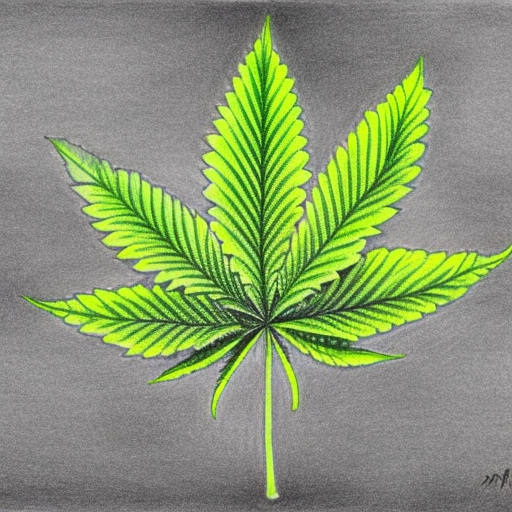
Grief is a natural and healthy response to loss, but it can also be overwhelming for many people. It’s estimated that 3 out of 4 people experience symptoms of PTSD following the death of a loved one. While there are many ways to cope with grief, including therapy and medication, some people turn to natural substances such as cannabis.
The endocannabinoid system is responsible for managing many of our physiological processes, including mood and anxiety levels. When you consume cannabis, it activates these receptors to produce feelings of euphoria and relaxation. Cannabis can help with grief by reducing stress and anxiety, calming the mind and helping you sleep better.
If you’re grieving the loss of a loved one, it’s understandable to feel like nothing will ever be the same again. You might have trouble sleeping and eating, or even remembering what it feels like not to hurt so much. It’s normal for grief to last for months or even years–and if you’re dealing with multiple losses in quick succession (like losing your job and then losing your home), those feelings might intensify even more quickly.
If you are interested in using cannabis to cope with grief, there are a few things to keep in mind: start small with a low dose and experiment with different strains and methods of ingestion (smoking vs vaping vs edibles). If possible access medical cannabis through your doctor or healthcare provider if needed because some people may need higher doses than others depending on their condition(s).
Cannabis can help us process the emotions of grief and loss, but it may not be the best choice for everyone. Cannabis is not a cure for grief, but it can help us process the emotions of grief and loss. It can also improve our overall well-being by helping us sleep better and reducing anxiety or stress.
Grieving is a process, and it’s important to respect that process. While cannabis can help us cope with grief, it should never be seen as a substitute for professional support or other forms of treatment. If you are experiencing any symptoms of depression or anxiety, please seek medical attention immediately and know…YOU are NOT alone.

